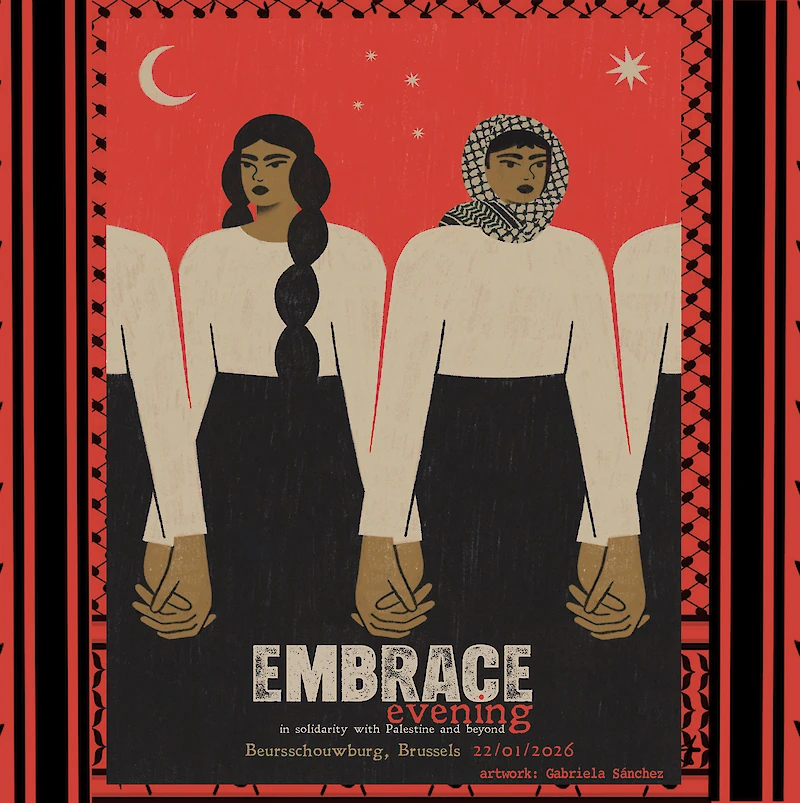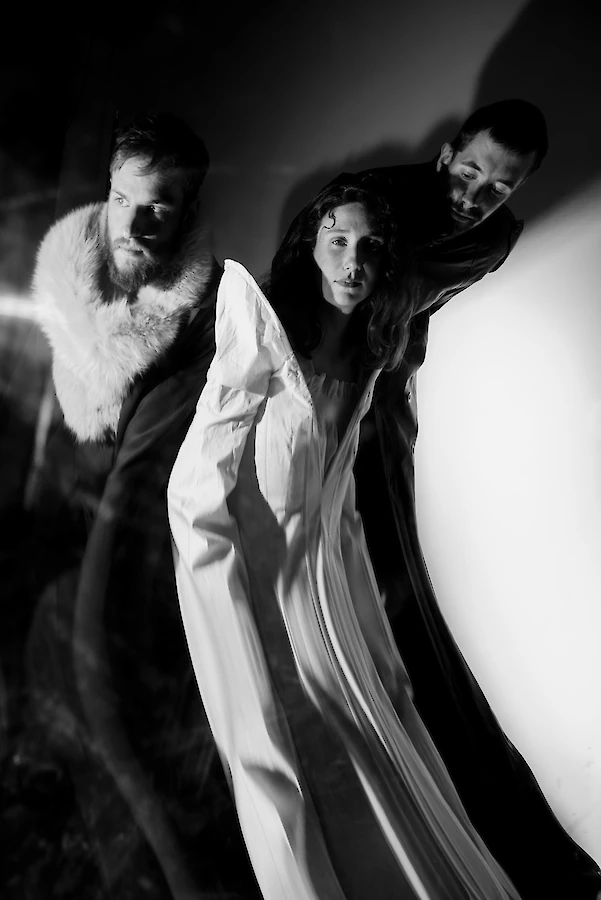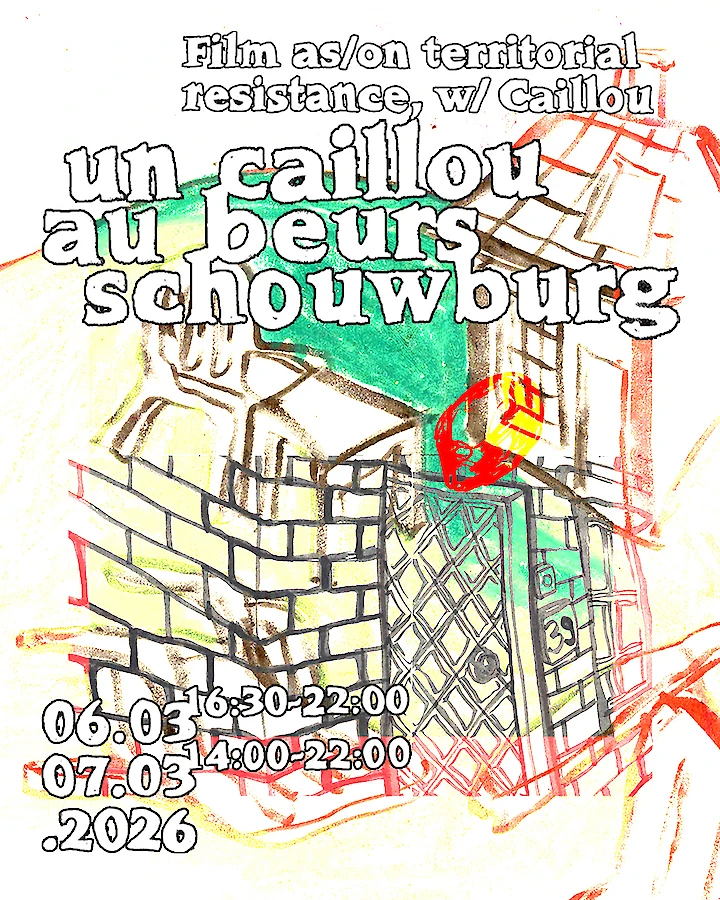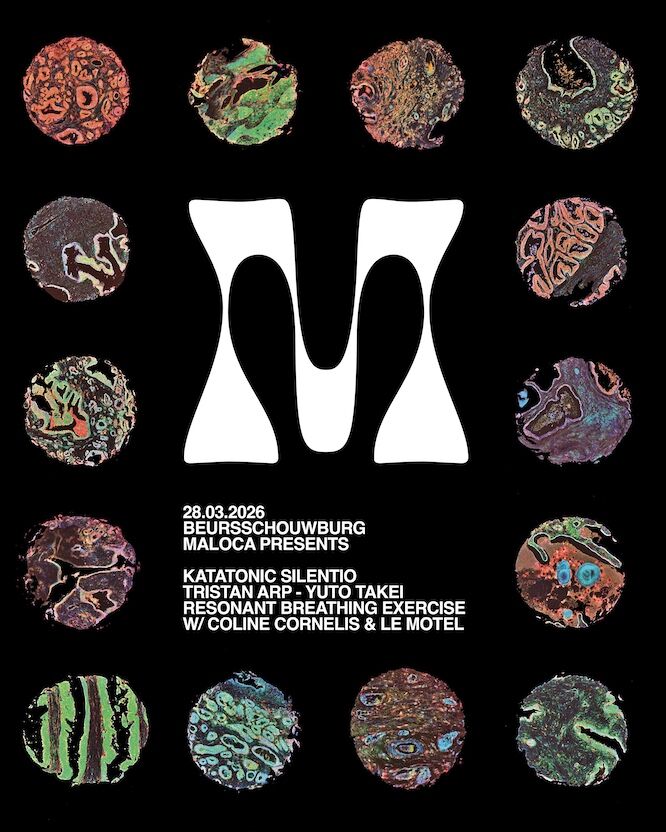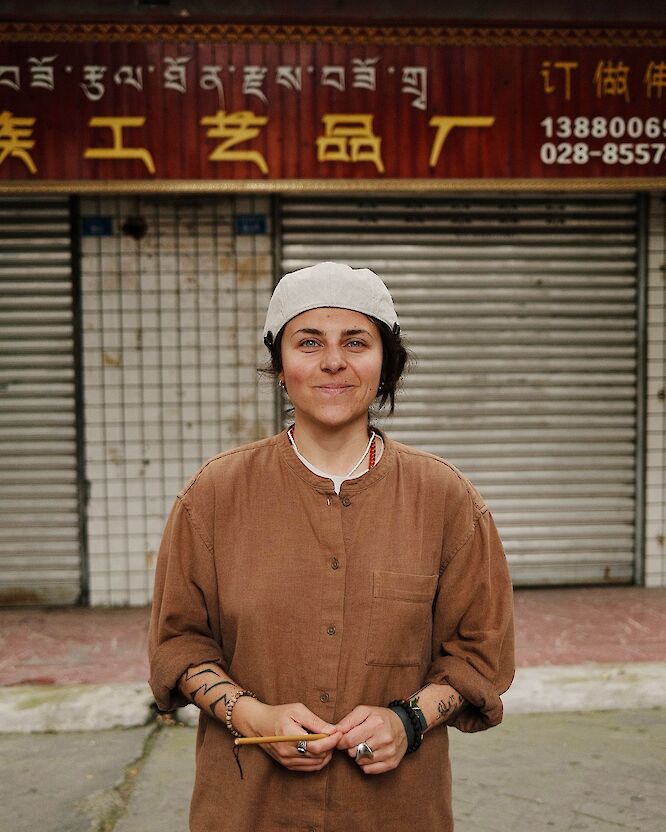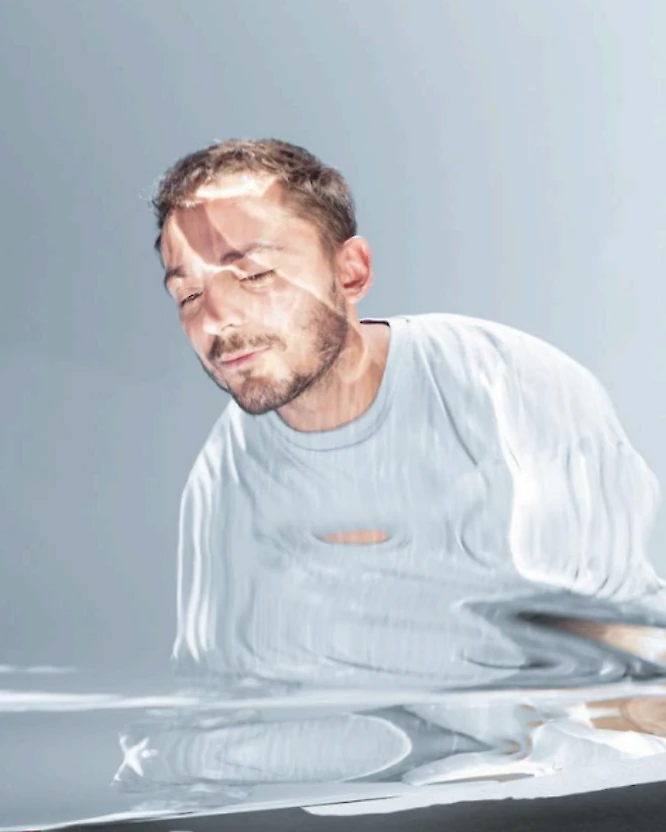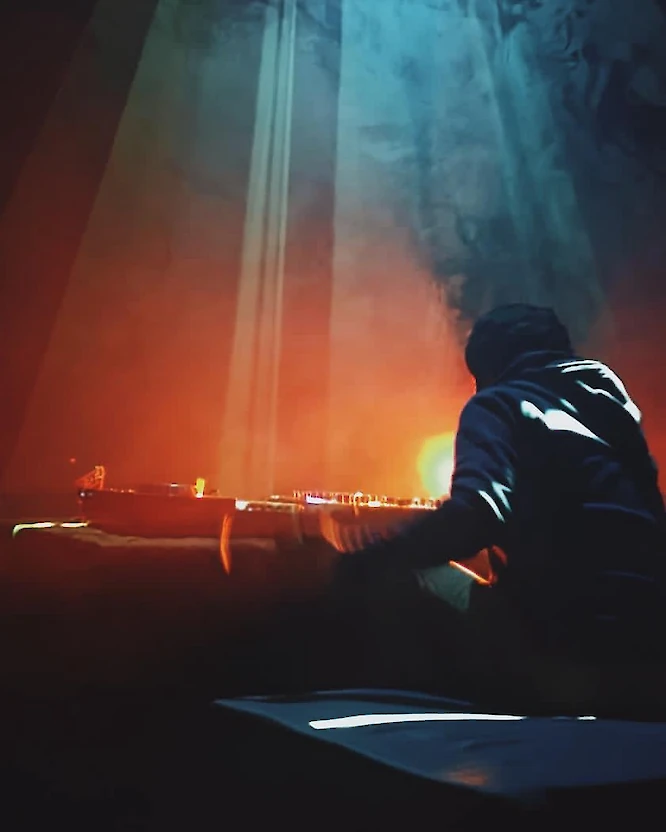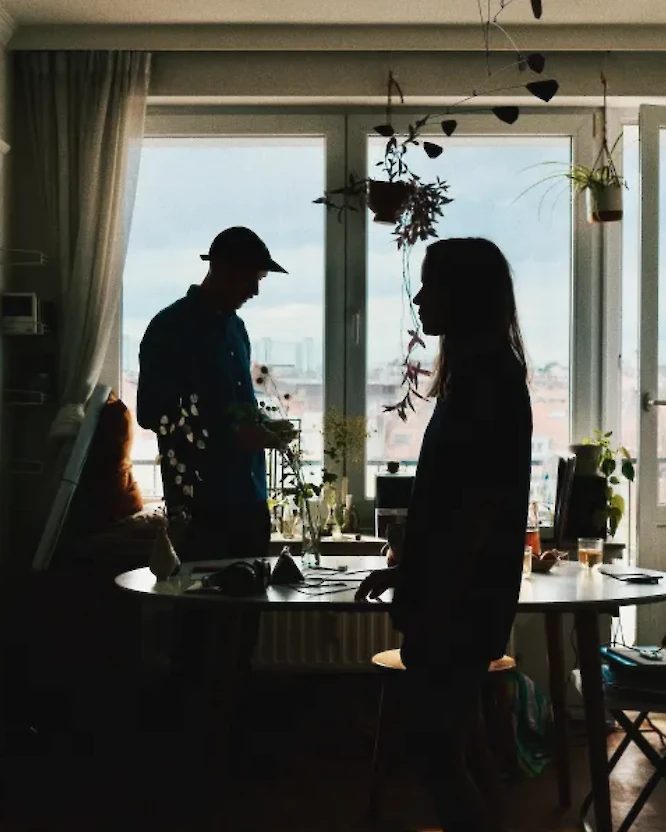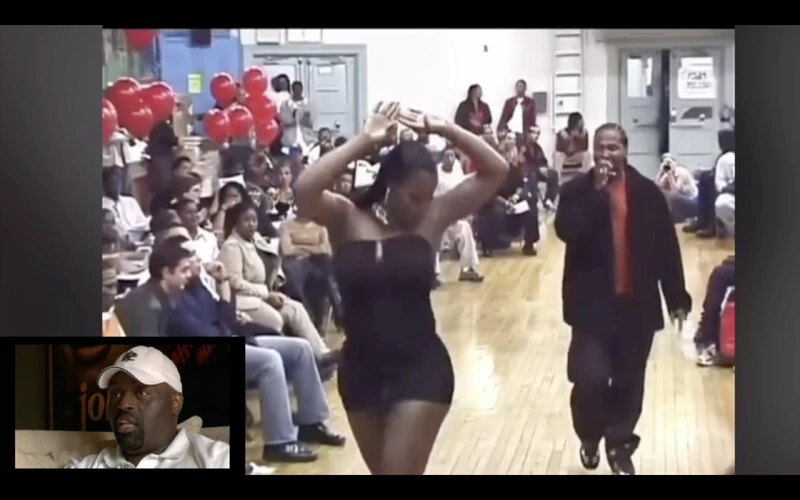The big conversation on freedom of the press
Nine tables with one expert and nine guests, one topic per table, two rounds and an intense debate on freedom of the press.
w/ freiraumfestival.eu & Goethe-Institut Brüssel
annulé
FREE ON RESERVATION
HAVE A CONVERSATION WITH
Julie Majerczak – Reporters without borders (European) in FR
Catherine André – VOX Europe (European) in FR
Karl Van den Broeck – Apache.be (BE) in NL
Béatrice Delvaux – Le Soir (BE) in FR
Quentin Noirfalisse – MEDOR (BE) in EN
Gia Abrassart – freelance journalist (BE) in FR
Bleri Lhesi – freelance journalist, MO* (ALB) in NL
Alia Papageorgiou – Association of European Journalist (GR) in EN
Cecilia Sundberg – European Parliament Press Service (SE) in EN
Moderation: Bouchra Lamsyeh & Petar Sarjanovic
PART OF FREI—RAUM FESTIVAL brussels
find out more
What are the challenges of securing the freedom of press today and what are the challenges you specifically encounter in your daily practice and working conditions? How did/do those conditions alter in your home country or other countries you have worked in?
Catherine André – VOX Europe
"Menacée partout dans le monde, la liberté de la presse et la liberté d'expression sont à la fois des fondements de la démocratie et un bon baromètre de l'état des libertés individuelles dans un pays. Ces libertés sont aujourd'hui également menacées en Europe, région que je couvre plus spécifiquement dans mon travail de journaliste et cofondatrice d'un média européen.
La liberté de la presse n'est pas seulement dégradée et piétinée dans certains Etats membres aux régimes autocratiques ou tentés par l'illibéralisme. Elle l'est également dans les vieilles démocraties, de façon plus subtile. Les défis à relever sont nombreux, et vont du courage de dénoncer la censure, partout où elle s'immisce, à l'importance d'alerter sur les sujets sensibles (scandales environnementaux, questions sanitaires, droits humains, inégalités, etc.) même lorsque les pressions du pouvoir politique ou de pouvoirs économiques s'exercent. Il faut également veiller, en tant que journaliste, à lutter contre l'autocensure qui trop facilement nous guette. A Voxeurop, nous publions régulièrement des dessinateurs de presse, c'est l'une de nos marques de fabrique, et ces derniers sont souvent menacés dans l'exercice de leur métier. Les publier et les soutenir sont un engagement fort pour la liberté d'expression. Il ne faut pas céder sur le recours à l'humour et à la satire.
Je présenterai à mes interlocutrices et interlocuteurs dans cette big conversation, d'une part les menaces les plus graves contre la liberté de la presse que je perçois aujourd'hui en Europe, avec des exemples concrets que j'ai vécus, et les différences d'approche entre pays – en Suède entre autres, où la presse continue d'être considérée comme un pilier de la vie démocratique."
Karl Van den Broeck – Apache.be
"Traditional media are caught in a perfect storm. The mobile internet (smartphone, tablets, wifi, 4G, social media) have killed the economic model of newspapers, magazines and broadcasters. Two sources of income went dry: people don’t want to pay for news anymore and companies give their money to Facebook and Google to promote their goods and services. This has led to important consolidations: big publishers are eating small publishers. Titles disappear. Newsrooms are laying off journalists by the dozens. And the quality of the articles you read and the reporting you see and hear in mainstream media is declining.
But the internet has made it much easier to start your own (digital) newspaper or magazine. All over the world independent media are popping up. They are investigating scandals, informing citizens and telling wonderful stories in text, video and podcast.
They are democracy’s hope for the future because they reflect the polyphony of voices and opnions in society. The collapse of the economic model of traditional media has made it impossible for the free market to guarantee a pluralistic media landscape. Media are know selling the privacy of their readers to compete with Facebook and Google. They are selling their soul to the devil.
Only when, citizens, democratic (local) governments and avid readers join forces, a robust source of revenue can be found to sustain a more diverse, a more democratic and more professional media biotope. Apache is a powerful example of ‘a good practice’ that can inspire others."
Quentin Noirfalisse – MEDOR
"Throughout 2018 and 2019, I had the bad luck to be sued by a Belgian company whose board
director was aimed at in one of my articles about illegal logging in the DR Congo. I received a
letter at home, asking me € 50 000 (to start with) in compensation. As a freelancer, I received full
support from the media I published in. The content of the article was fact-checked and correct. A
few weeks after that, a bailiff ringed at my door, with a full compplaint against me (not the
media). Then a one-year process started, with everything it means in terms of indirect pressure
for me and my family. Helped by a lawyer, in a normal judicary process, it ended with a total win.
Some of my colleagues have been abusively sued by companies, politicians they covered in a fair
way. Often, the people we wrote aboute did not even care to reply to our questions before
publications, choosing the legal path instead of the freedom of expression path. They did not ask
right to reply. Criminalization of journalists, often by companies, is a worrying trend throughout
Europe. The aim: targetting freelancers, or media, to gag them in long and costly procedures.
This is a worrying trend in Western Europe media. But an even more worrying trend is what
happens in media such as in Hungary, where the pressure and the threats don’t go to through law
firms but directly to the journalists themselves. What happened, as we thought before, only in far-
away countries, plain dictatorships, is now coming closer to democracies who have not been able
(or willing) to build stronger barriers to protect the press or recognize the input of investigative journalism as a real counterpower and fact-checker.
As media tend to be more and more considered by those in power as mere communication means, we need to build a more resilient approach towards what independent journalism means and to build bridges and support networks (and actual support in itself) towards journalism, on a global scale, on risk their lives on the frontline of the uttermost important topics of our times : environmental and human rights abuses, war, racism, police abuses, nationalism and so on."
Bleri Lhesi – freelance journalist, MO*
"If you believe what you read in mainstream media we are indeed doomed. In orde to sell as much as possible mainstream media has become one of the main sources of fear in our society. Journalists often have no choice as what matters to the shareholders of the media is profit. This is why according my opinion one of the main challenging for media today is to go beyond this framing and show the reality as it is. Meaning attention for the beautiful, inspiring things and stories happening in the world."
BIO
Julie Majerczak – Reporters without borders (European)
Julie Majerczak is the Reporters Without Borders Representative to the European
Institutions. She has represented the international press freedom NGO at the EU level since
May 2016. Before joining RSF, Julie was a journalist for 16 years. She moved to Brussels in
2002 to report on EU affairs for the French daily newspaper Libération for which she worked
for ten years. She also reported for the French daily newspaper Le Parisien, RTL radio and
the online media outlets Contexte and Novethic. Before that, Julie worked in politics as an
MEP assistant and as a political adviser to a French environment minister. Born in Paris, she
has a Master in Law and is a graduate of Sciences Po Paris. / Julie Majerczak est la représentante de Reporters sans frontières (RSF) auprès des institutions européennes. Elle représente l’ONG de défense de la liberté de la liberté de la presse depuis 2016. Avant de rejoindre RSF, elle a été journaliste pendant 16 ans. Spécialiste des questions européennes et environnementales, elle a travaillé pendant 10 ans pour le quotidien français Libération comme correspondante à Bruxelles. Elle a également été la correspondante du quotidien Le Parisien, de la radio RTL et des médias en ligne Contexte et Novethic. Julie a aussi été l’assistante parlementaire d’un député européen et la conseillère d’une ministre de l’environnement. Né à Paris, Julie est diplômée de Sciences Po Paris, titulaire d’une maîtrise de droit et d’un diplôme d’étude approfondie en sciences politiques.
Catherine André – VOX Europe (European)
Journaliste et cofondatrice de Voxeurop SCE, polyglotte. Diplômée de l’Université de
Lille en sociologie, de Science Po Paris et titulaire d’un MSc in European Studies à la
London School of Economics, elle a été rédactrice en chef adjointe à Courrier
international chargée de l’Europe. Elle a été correspondante en Suède et a travaillé
pour plusieurs magazines économiques dont Alternatives Economiques, où elle
demeure rédactrice en chef adjointe.
Karl Van den Broeck – Apache.be (BE)
Chief editor of Apache.be, a platform for investigative journalism based in Antwerp. Coordinator of Agora, platform for debate and discussion at BOZAR in Brussels. Former chief editor of Knack Magazine and journalist for De Morgen. Writer of ‘The real father of the Pil’ and ‘Why I want to save the indians’.
Béatrice Delvaux – Le Soir (BE)
Licenciée et maître en sciences économiques et sociales des Facultés Notre Dame de la Paix à
Namur (sortie en 1983). Stage au Fonds Monétaire International à Washington (1983-84). Entrée au journal LE SOIR en décembre 1984, au service politique. Chef du service économique (1989). Auteur du livre Le bal des empires avec Stefaan Michielsen du Standaard (éditions Racines), consacré aux soubresauts du capitalisme belge. 15 décembre 2001 – 7 juin 2011 : Rédactrice en chef du SOIR. Chroniqueur au Standaard. Editorialiste en chef du SOIR depuis juin 2011
Quentin Noirfalisse – MEDOR (BE)
Quentin Noirfalisse is a Belgian investigative journalist and director. He is a co-founder, journalist and editor of Médor, a print and digital magazine of literature, culture, and politics published four times yearly, for which he writes on environmental issues in Sub-Saharan Africa and corporate responsibility around the world. For Dancing Dog Productions, a company he co-runs, he directed the documentaries GEEK POLITICS and THE MINISTER OF GARBAGE which were selected in several international festivals and screened in more than 10 countries. He recently produced Saint-Nicolas est socialiste (Audience award and Grand Prix at the Brussels International Film Festival), and co-produced AFTER THE CROSSING (selected at the Berlinale, Visions du Réel, Hot Docs Toronto) and BREATHLESS, a documentary about asbestos victims in India and Belgium (2019 Ensor for Best FlemishDocumentary).
Gia Abrassart – freelance journalist (BE)
more info soon
Bleri Lhesi – freelance journalist, MO* (ALB)
Bleri Lleshi is philosopher, lecturer at UCLL, author of various books and has written for different national and international media. "If you believe what you read in mainstream media we are indeed doomed. In orde to sell as much as possible mainstream media has become one of the main sources of fear in our society. Journalists often have no choice as what matters to the shareholders of the media is profit. This is why according my opinion one of the main challenging for media today is to go beyond this framing and show the reality as it is. Meaning attention for the beautiful, inspiring things and stories happening in the world."
Alia Papageorgiou – Association of European Journalist (GR)
Alia is the Spokesperson for the Greek Greens Prasinoi.eu. Prior to this she was the
Communications lead at REVOLVE, and before this Press Officer at the EU
Delegation to Australia. Her work includes EU projects, Social Media rôles in tech, running Brussels’ Twestival, and a long career in journalism which spanned Melbourne, Athens and
Brussels. She is currently the Vice President of the Association of European Journalists in
Belgium and a member of the board at Press Club Brussels.
Cecilia Sundberg - The European Parliament Press Service (SE)
Cecilia Sundberg is Swedish by nationality with 25 years of experience of European affairs in different roles in the European Parliament and at national level. The European Parliament Press Service promotes the visibility of the European Parliament and its activities to the “Brussels” media and the media in the EU member States. Cecilia has a passion to make the European Parliament and EU affairs understandable and accessible to a broad audience.

